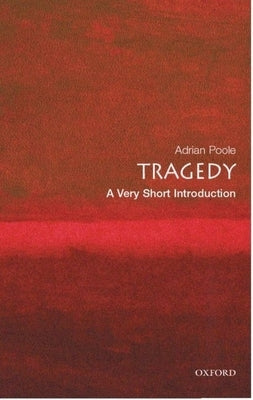Description
Author: Adrian Poole
Publisher: Oxford University Press, USA
Published: 10/20/2005
Pages: 160
Binding Type: Paperback
Weight: 0.30lbs
Size: 6.92h x 4.40w x 0.36d
ISBN13: 9780192802354
ISBN10: 0192802356
BISAC Categories:
- Literary Criticism | Drama
- Non-Classifiable | Non-Classifiable
- Literary Criticism | Ancient and Classical
About the Author
Adrian Poole is Reader in English & Comparative Literature, University of Cambridge, and Fellow of Trinity College, Cambridge. He has written and lectured on Greek and Shakespearean tragedy, on literary translation and on nineteenth-century English literature. His publications include Gissing in Context (1975), Tragedy: Shakespeare and the Greek Example (1987), Shakespeare and the Victorians (2003), The Oxford Book of Classical Verse in Translation (1995, co-edited with Jeremy Maule), and editions of novels by Dickens, James and R. L. Stevenson. He is working on a project about witnessing tragedy developed out of his 1999 British Academy Shakespeare Lecture, 'Macbeth and the Third Person'.

